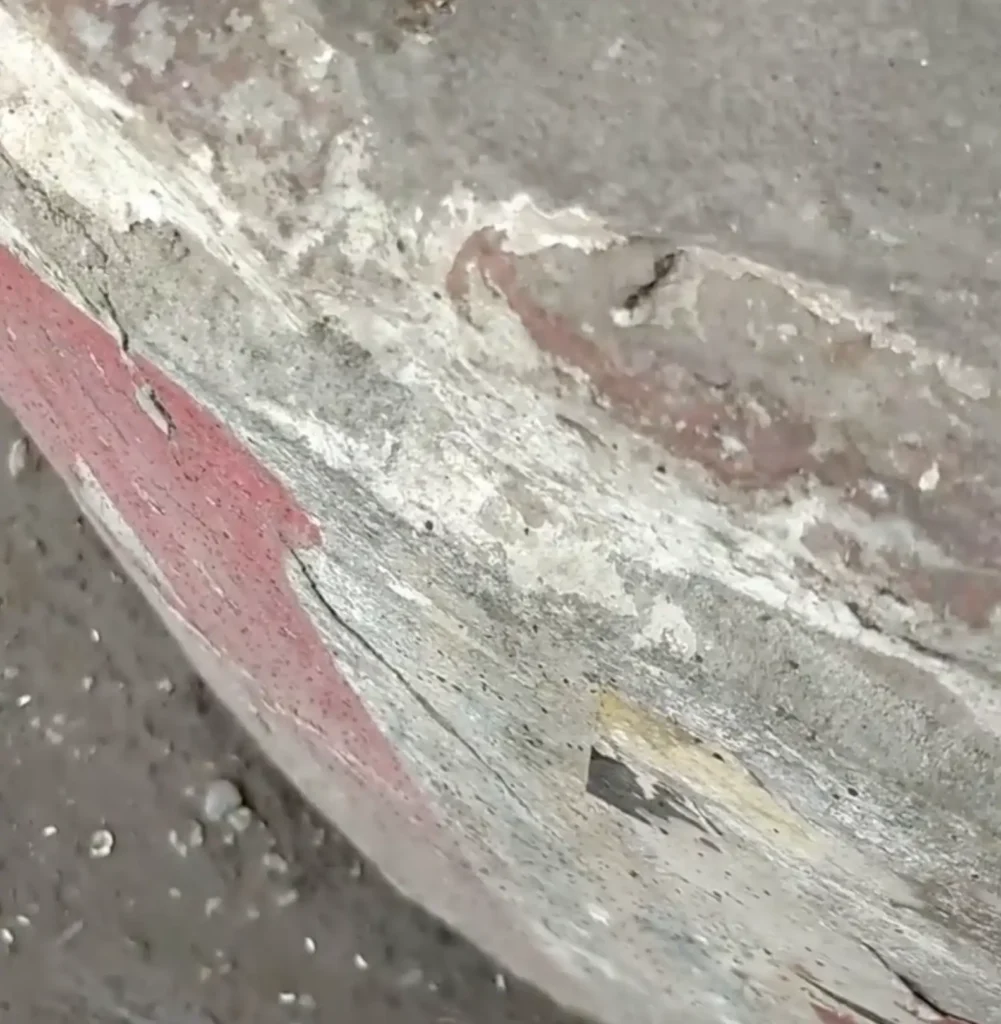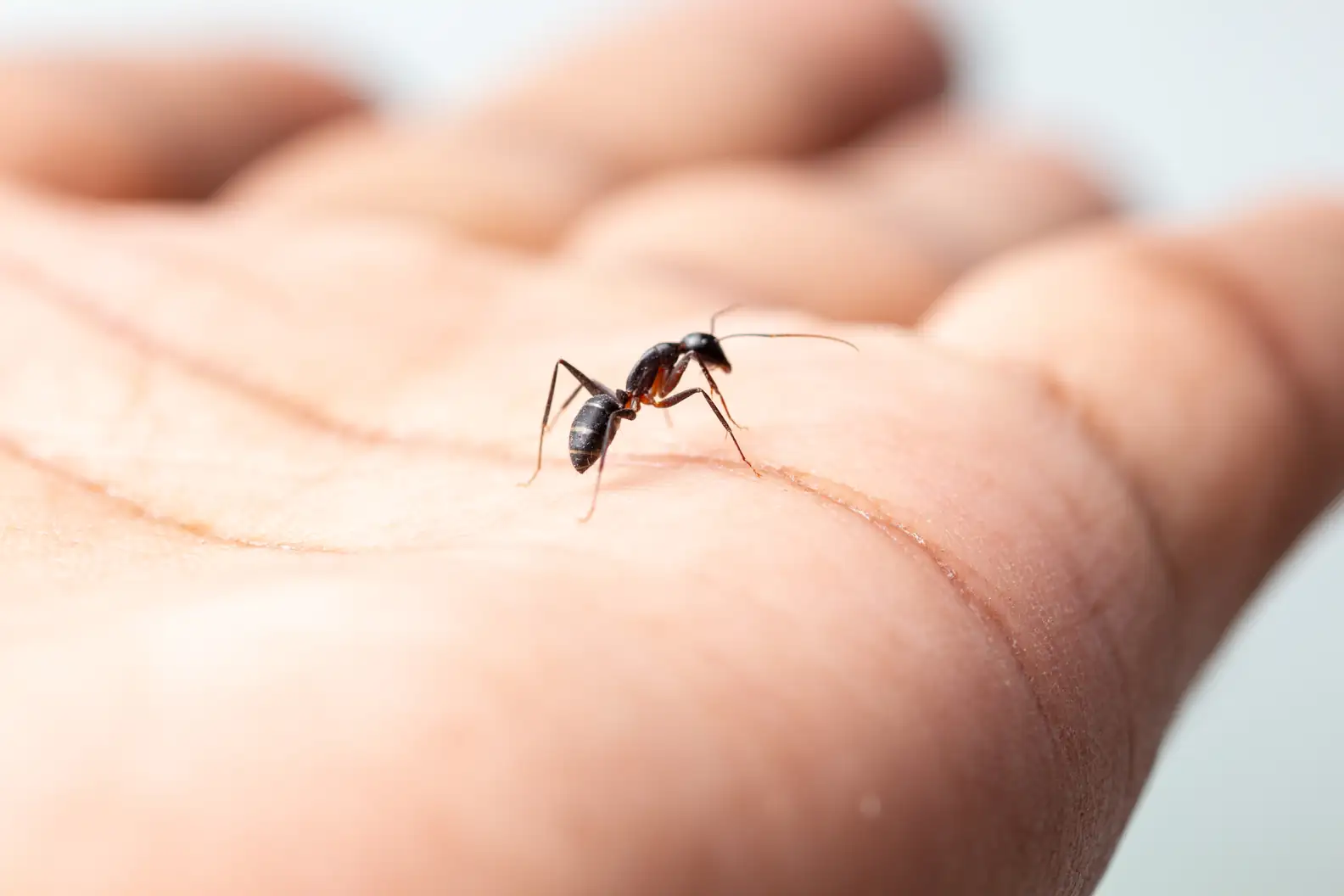“It shows we have a lot to learn.”
Despite an ant’s brain being no larger than a tiny grain of sand, it can still accomplish remarkable feats. One particular ant has captured attention for his seemingly advanced cognitive abilities, catapulting him to a level few of his species have reached before—heights of internet fame.
A captivating video has recently gone viral, showcasing this ant’s extraordinary behavior.

The footage, apparently shot in Brazil, features the ant methodically gathering grains of rice scattered across a concrete wall. Instead of laboriously carrying each grain down the wall and back to his colony one at a time, this clever ant opts for a more streamlined approach.
The person behind the camera, clearly impressed, declared this to be the smartest ant he’s ever encountered.
“You’re speeding up the work by 90 percent,” the person exclaims in the video, marveling at the ant’s efficiency. “Look how effortlessly he’s doing it so he can just go down and take [the rice] to his hole.”
Curious about this fascinating behavior, experts were consulted for their opinions. Dr. Rony Almeida, a zoologist from Brazil’s Emílio Goeldi Museum, weighed in:
“As a specialist in ant diversity, I must say this behavior is quite unusual, even for those of us who study these incredible creatures,” Almeida explained. “Ants do tend to clear the area around their nest entrances, so it’s possible this ant is engaging in that behavior. However, I wouldn’t be surprised if ants were capable of solving efficiency problems in food transportation. Leaf-cutter ants, for example, cut leaves to the ground and then collect them later. Although I can’t confirm that this is exactly what the ant in the video is doing.”
Whether this ant had genuinely discovered a more efficient way to transport food or was merely tidying up his surroundings, the incident suggests a higher level of intelligence in ants than they are often credited with.
“It’s unusual and intriguing, and it demonstrates that there is still so much to learn about these creatures,” Almeida concluded.
